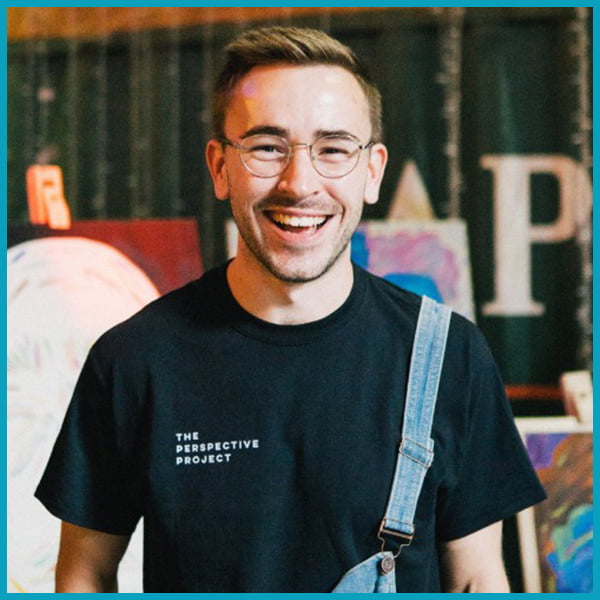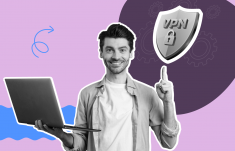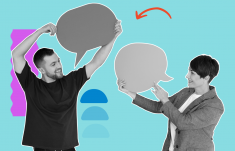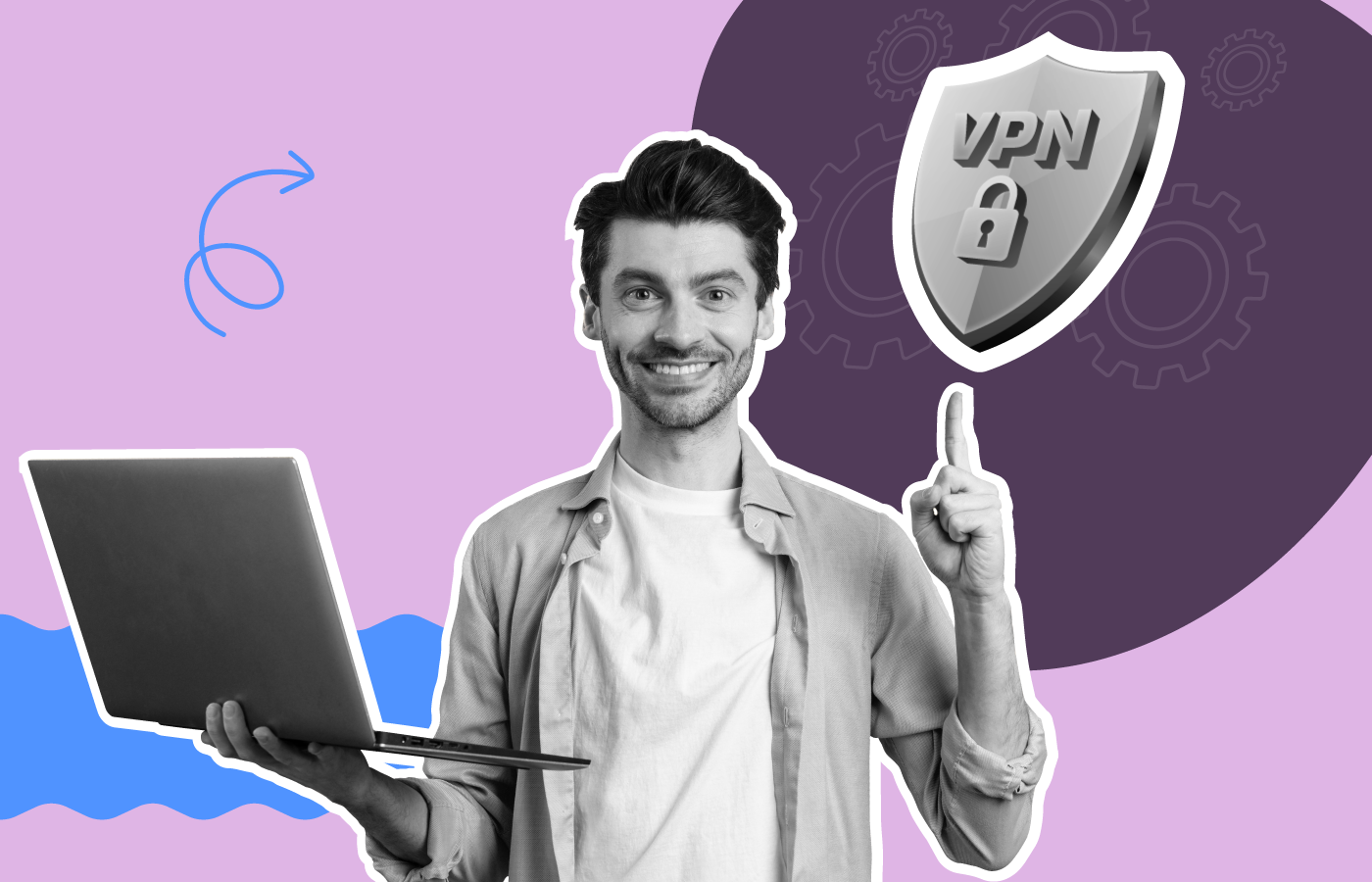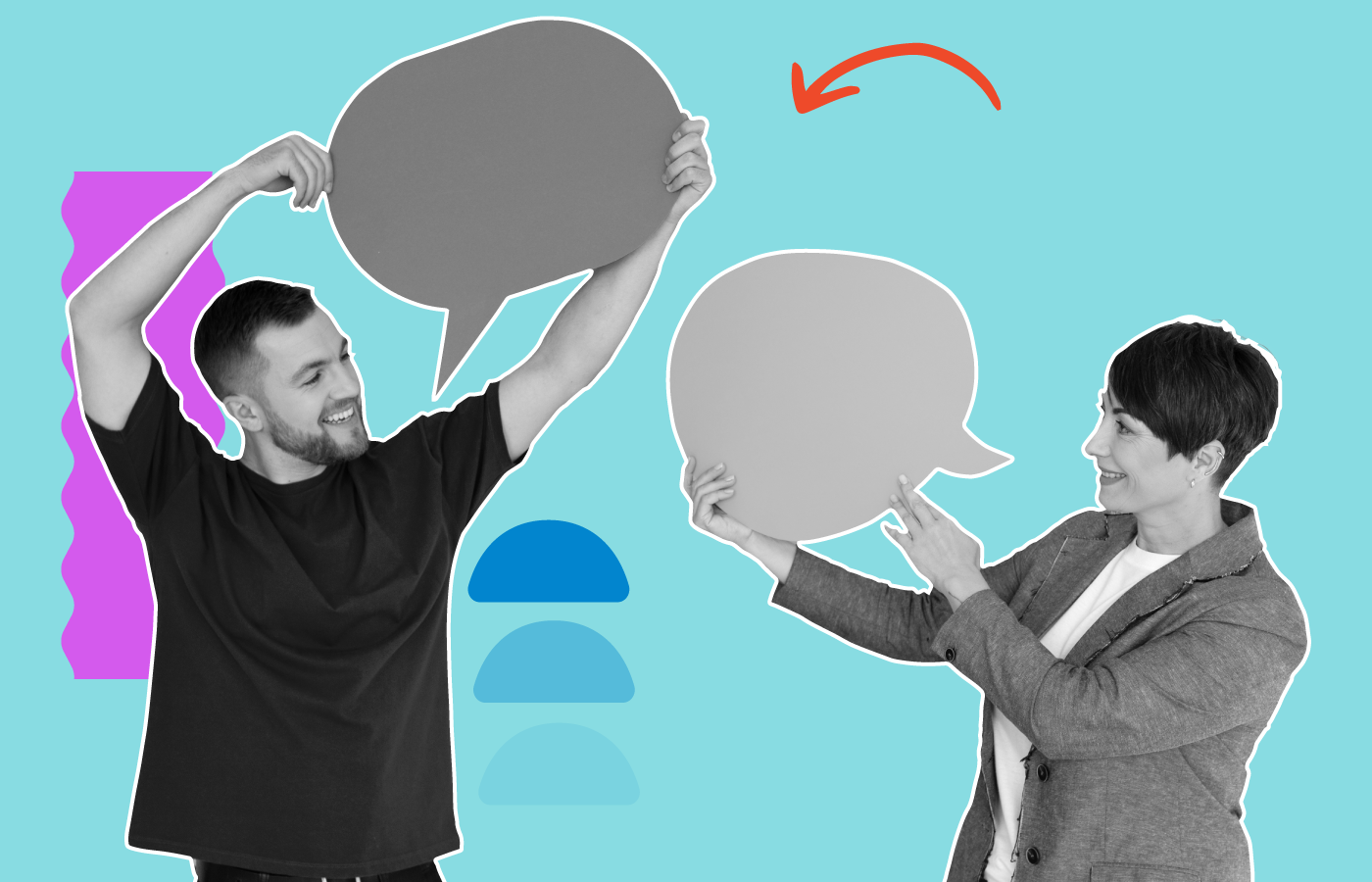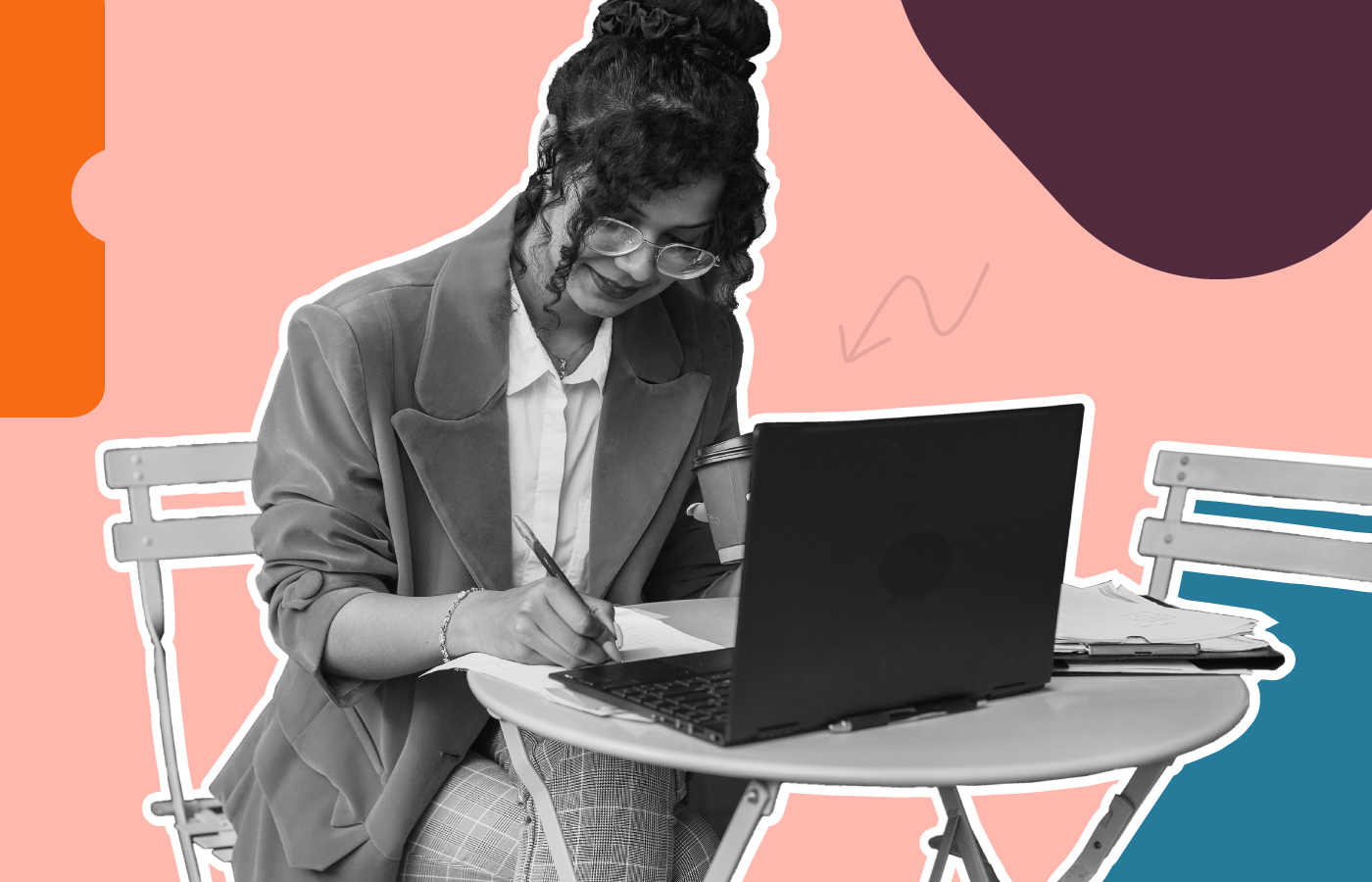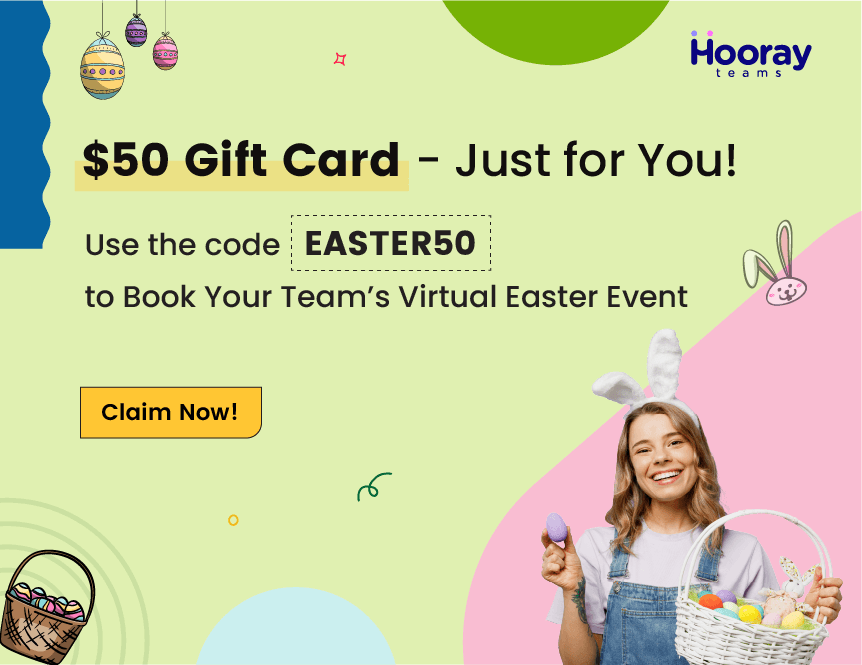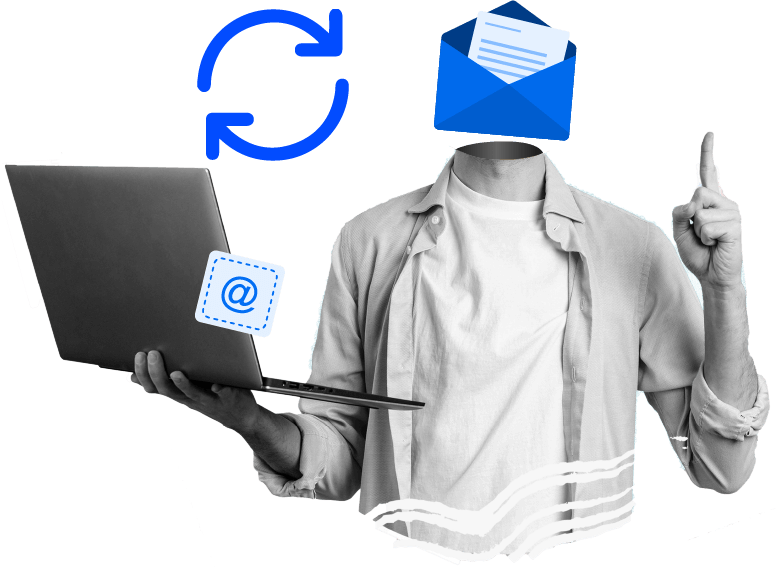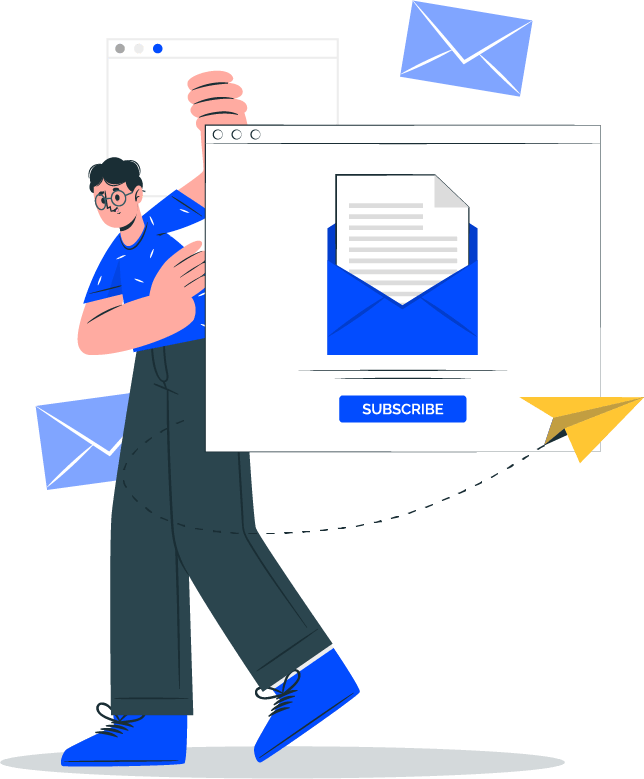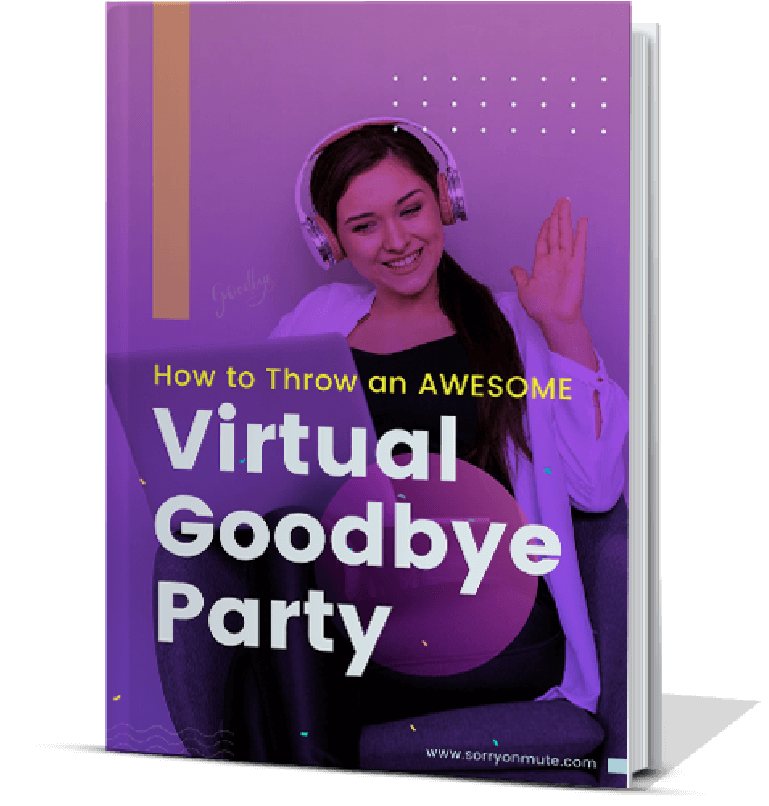Question 1. I want to learn a bit about your career background and your journey up to the kind of starting both Perspective Project and How Mental?
I started my professional career working for Deloitte on a consulting grad scheme. Although I learned a great deal and honed my skills there, I felt my work was not delivering much social value.So, after working for 18 months at Deloitte, I moved to the charity sector to run the communications and marketing for Thomas Pocklington Trust, a charity supporting blind and partially sighted people. It was a great experience and gave me a real insight into the complex charity sector.After this, I decided it was time to take the plunge and go full-time with the Perspective Project. For the past year and a half, I’ve given my time to both Perspective and How Mental Project.Question 2. Could you explain a bit more about the Perspective Project and what you've been working on these last couple of years?
Perspective Project aims to tackle the stigma of mental health through art and creativity. We give a platform to artists, writers, and poets who suffer from mental health conditions and use art and creativity as tools to open discussion about mental health.Initially, we began by exhibiting their work on our social media, but now, we showcase their artwork in galleries, exhibitions, we run workshops and open mic nights, and work with companies to approach mental wellbeing from a creative angle. This initiative serves two purposes, one to get their creativity out into the world, and two, to educate the world about mental health through art.For example, at the moment we are working on a project exhibiting our artwork in the London HQ of a large law firm. Put simply, the company gets the dual benefit of having wonderful pieces of art hanging on their walls, and at the same time, they are taking an active step to open honest conversations about mental health in their team.In terms of the team, we are a charity where we're all part-time workers, so we have a team of three or four people who work part-time on different projects.Question 3. What was the inspiration to go in that direction to tackle mental health through art and creative outlets? What was the thought process behind that?
Going back to the time when I was volunteering with Nightline at University, we were basically talking to people and provided them with a validatory space to express themselves.This got me thinking, a lot of people use art as a cathartic mechanism to release their thoughts. Where does this art go? Is it reaching the right audience?That led to Perspective Project, where we provided a professional platform for these artists, aiming to make them feel that their art has merit and value. So they get to reinforce their experience and are not judged for the work they create.What I was focusing on from the start was giving people a fairly transparent and blank platform, a clean aesthetic, and centered on the art itself and the words to go alongside it.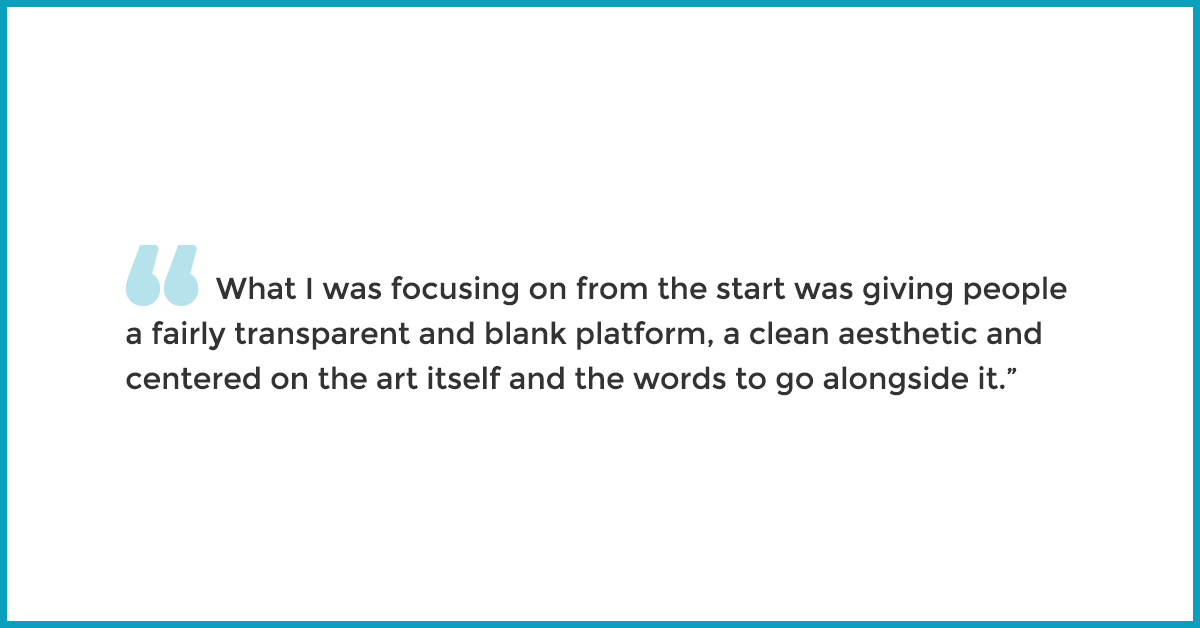
Question 4. Can you tell us a bit about How Mental and the work you do there?
I’ve been involved with ‘How Mental’ for 10 months now, but my co-founder George actually started it a few years earlier. Initially, it started off as an Instagram page with the aim of reclaiming social media to be a positive space for mental health and to educate people about what mental health really means.The fundamental principle behind How Mental is that we want mental health to be a global priority. To do this, we want to connect organizations that provide mental health services and solutions with each other and allow people to access their services through a single portal. It’s a win-win for both, organizations that are better supported to provide services and reach a wider audience, and the people suffering from mental health issues know who to reach out to.What piqued my interest in How Mental is my belief that the world needs to start treating mental health like an important, social issue and not just a medical issue.This underlying principle is the same for both Perspective and How Mental.Question 5. Can you tell me a bit about your team and partnership structure?
Currently, Perspective Project is a volunteer-led small charity. Volunteers dip in and dip out based on projects and I’m the only full-time person on-board.So the core team is me, a trustee board, and a dedicated team of volunteers. We also have a growing international community that organizes events in different countries under the Perspective Project brand, which we coordinate remotely. Each branch has a country lead. For instance, we have leads in Greece, Italy, Poland, and South Africa.The work actually goes on remotely with regular check-ins to keep track of progress. The goal is to create semi-autonomous units that operate under the same brand but very much carve their own paths in their own country. But overall we've never been more than me and another one or two people working centrally and volunteers dipping in and out.Question 6. How have you met your international partners in Greece, Italy, South Africa, etc. and how do you manage them remotely?
Once we put the word out about a project, they approach us and try to translate these projects to fit their local culture. If their principles of supporting mental health align with our framework, we hit the ground running.Since they know their country better, we give them the liberty to drive the strategy of how they want to evolve the project.Question 7. Is there a process in terms of ensuring that they follow the right guidelines based on your brand values?
We have a governing document with our principles and approach as well as things you can and can't do with the brand. This document helps us set the tone for new joiners and volunteers, and to keep a check on their work whether it’s aligning with our approach.I must say, it’s a work in progress. We are still figuring out how to bring international groups together.Question 8. Can you share a bit about how Covid has (or if it has) affected the two organizations?
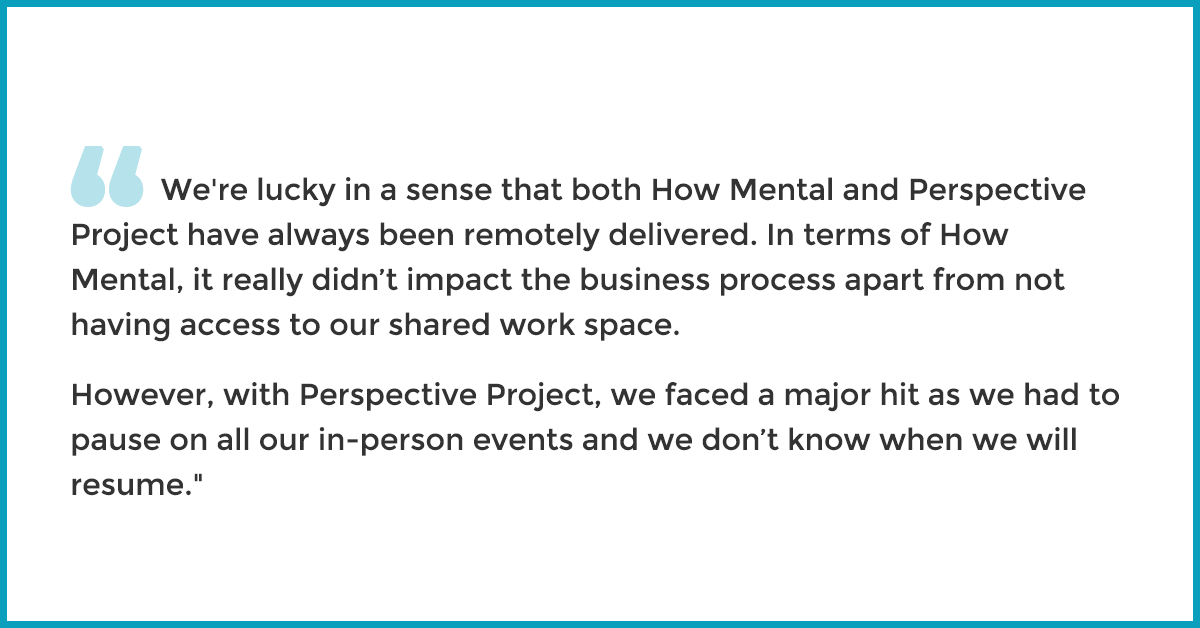 We're lucky in the sense that both How Mental and Perspective Project has always been remotely delivered. In terms of How Mental, it really didn’t impact the business process apart from not having access to our shared workspace. However, with Perspective Project, we faced a major hit as we had to pause on all our in-person events and we don’t know when we will resume.Who knows, when that'll be back to normal! But on the flip side, it has allowed us to refocus on different areas of the organization. It's given me much more time to think. For example, can we use this time to focus on increasing our corporate outreach?Overall, it hasn't had a huge impact on how I see the success and the future trajectory of the charity. It has in fact, given me more time to review and refocus. And personally, it’s a chance for me to introspect, re-evaluate and re-set.
We're lucky in the sense that both How Mental and Perspective Project has always been remotely delivered. In terms of How Mental, it really didn’t impact the business process apart from not having access to our shared workspace. However, with Perspective Project, we faced a major hit as we had to pause on all our in-person events and we don’t know when we will resume.Who knows, when that'll be back to normal! But on the flip side, it has allowed us to refocus on different areas of the organization. It's given me much more time to think. For example, can we use this time to focus on increasing our corporate outreach?Overall, it hasn't had a huge impact on how I see the success and the future trajectory of the charity. It has in fact, given me more time to review and refocus. And personally, it’s a chance for me to introspect, re-evaluate and re-set.Question 9. A lot of industries have been trying to go ‘virtual’ over these last few months. Has that been the case for you and what are your thoughts on the whole push of going ‘virtual’?
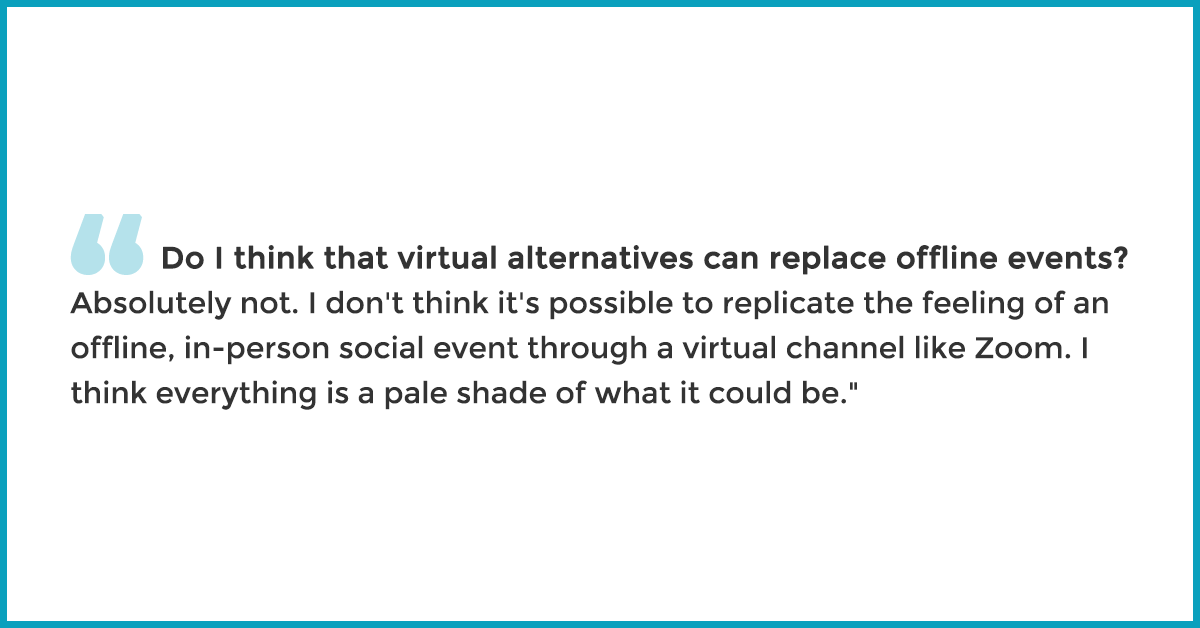 I think we're lucky that we're a charity so we're not driven by shareholders and profit motives. We don't have massive overheads or staff for whom we have a duty to keep in the job.Do I think that virtual alternatives can replace offline events?Absolutely not. I don't think it's possible to replicate the feeling of an offline, in-person social event through a virtual channel like Zoom. I think everything is a pale shade of what it could be.I’d rather sit back, wait for things to go back to normal where we can organize in-person social events, instead of harnessing my energy into creating virtual ones that will just add more noise to the existing cacophony of the present news and external stresses.We want to do it in the best way we have the largest impact.
I think we're lucky that we're a charity so we're not driven by shareholders and profit motives. We don't have massive overheads or staff for whom we have a duty to keep in the job.Do I think that virtual alternatives can replace offline events?Absolutely not. I don't think it's possible to replicate the feeling of an offline, in-person social event through a virtual channel like Zoom. I think everything is a pale shade of what it could be.I’d rather sit back, wait for things to go back to normal where we can organize in-person social events, instead of harnessing my energy into creating virtual ones that will just add more noise to the existing cacophony of the present news and external stresses.We want to do it in the best way we have the largest impact. Interested in Virtual Team Building Events?
Interested in Virtual Team Building Events?



